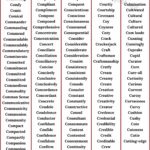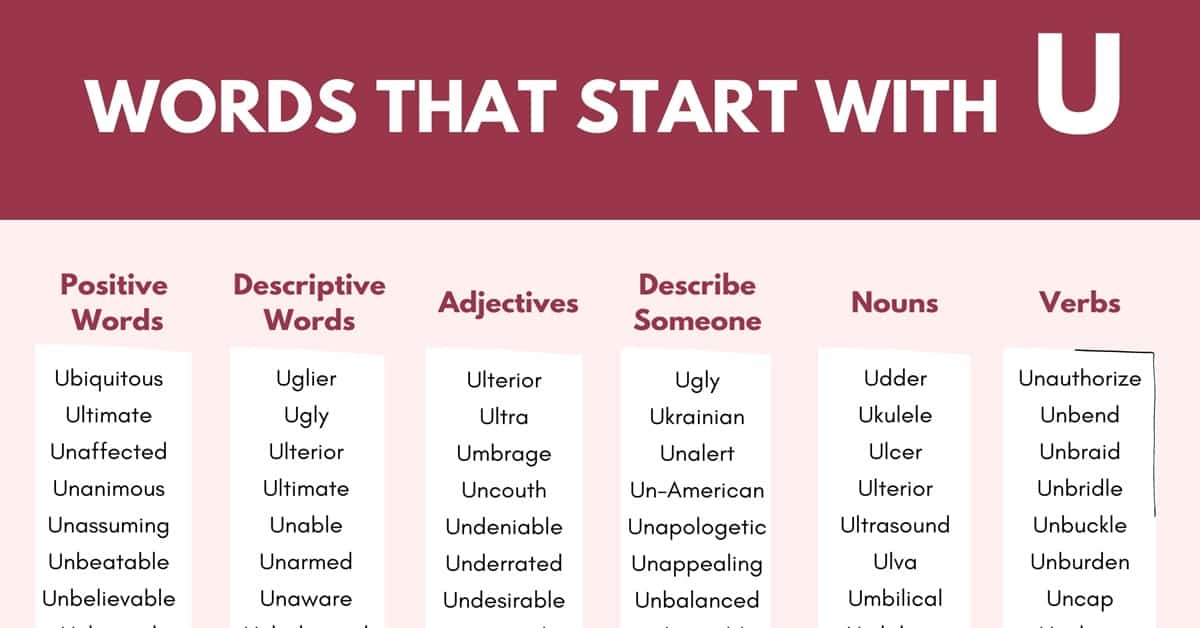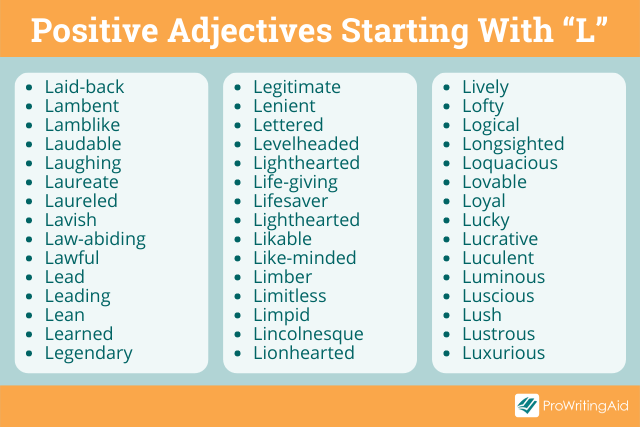Where To Start With Classical Music
1. Start with the Baroque era: Johann Sebastian Bach, Antonio Vivaldi, and George Frideric Handel are essential composers to explore.
2. Listen to Johann Pachelbel’s famous Canon in D, a beautiful and accessible piece.
3. Move into the Classical era with composers like Wolfgang Amadeus Mozart and Ludwig van Beethoven.
4. Explore the works of Franz Joseph Haydn, who is often referred to as the “Father of the Symphony.”
5. Dive into the world of opera with Giuseppe Verdi, Wolfgang Amadeus Mozart, and Richard Wagner.
6. Discover the Romantic era, where composers like Frédéric Chopin, Franz Schubert, and Pyotr Ilyich Tchaikovsky flourished.
7. Listen to Ludwig van Beethoven’s Symphony No. 5, one of the most iconic pieces of classical music.
8. Explore the works of great Russian composers like Sergei Rachmaninoff and Dmitri Shostakovich.
9. Discover the beauty of Claude Debussy’s impressionistic compositions.
10. Listen to Johann Strauss II’s waltzes, such as “The Blue Danube,” for a taste of Viennese classical music.
11. Explore the works of Johannes Brahms, an important figure in the Romantic era.
12. Dive into the world of chamber music with Wolfgang Amadeus Mozart’s string quartets.
13. Don’t forget about the beauty of choral music with composers like Johann Sebastian Bach and Wolfgang Amadeus Mozart.
14. Delve into the world of symphonies with composers like Gustav Mahler and Antonín DvoYák.
15. Discover the intense and emotional music of Richard Wagner, particularly his opera “Tristan und Isolde.”
16. Listen to Ludwig van Beethoven’s Symphony No. 9, also known as the “Choral Symphony,” featuring the famous “Ode to Joy.”
17. Explore the works of Antonín DvoYák, known for his New World Symphony and Slavonic Dances.
18. Discover the power and majesty of George Frideric Handel’s “Messiah.”
19. Listen to Pyotr Ilyich Tchaikovsky’s ballet scores, such as “Swan Lake” and “The Nutcracker.”
20. Dive into the world of piano concertos with composers like Franz Liszt and Sergei Rachmaninoff.
21. Explore the rich works of Polish composer Frédéric Chopin, particularly his Nocturnes and Preludes.
22. Discover the enchanting compositions of Erik Satie, known for his minimalist and surrealistic style.
23. Listen to the brilliant symphonic works of Hector Berlioz, particularly his “Symphonie fantastique.”
24. Explore the beauty of Antonio Vivaldi’s Four Seasons, a set of four violin concertos.
25. Discover the works of contemporary composers like Philip Glass, Arvo Pärt, and John Adams.
26. Continue exploring the operatic world with composers like Giacomo Puccini, Richard Strauss, and Wolfgang Amadeus Mozart.
27. Don’t miss the powerful and emotional works of Polish composer Krzysztof Penderecki.
28. Listen to the graceful and melodic compositions of Johann Strauss I, known as the “Father of the Waltz.”
29. Dive into the world of symphonic poems with composers like Franz Liszt and Richard Strauss.
30. Lastly, attend live classical music concerts or watch performances online to enhance your experience and appreciation of the genre.
More About Where To Start With Classical Music
Welcome to the enchanting world of classical music, a genre that has captivated audiences for centuries and continues to inspire and influence musicians across the globe. Whether you are a novice to classical music or looking to delve deeper into this rich and diverse art form, this guide will serve as a roadmap to assist you in embarking on your musical journey.
Classical music is renowned for its elegance, beauty, and emotional depth. It is a genre that encompasses various periods, from the Baroque and Classical eras to the Romantic and Contemporary periods. Each era has distinct characteristics and styles that contribute to the vast tapestry of classical music, offering an array of experiences and emotions for audiences to explore.
For those new to classical music, starting your journey may seem daunting. With countless compositions, legendary composers, and a vast repertoire to choose from, it can be overwhelming to know where to begin. However, fear not, as this guide will provide you with a starting point, helping you navigate the vast expanse of classical music and discover the timeless masterpieces that have shaped the genre.
One of the best ways to start your exploration of classical music is by familiarizing yourself with some of the most renowned composers and their iconic works. From the delicate melodies of Johann Sebastian Bach to the symphonies of Ludwig van Beethoven, these composers have left an indelible mark on the musical world. By immersing yourself in their compositions, you can begin to appreciate the nuances and brilliance of their musical craftsmanship.
As you dive deeper into classical music, it is beneficial to understand the different periods and styles within the genre. Each period has its own unique characteristics and composers who exemplify its essence. The Baroque era, for instance, is known for its ornate and intricate melodies, with composers such as Antonio Vivaldi and George Frideric Handel leading the way. The Classical era, on the other hand, marked a shift towards more structured forms and symphonic works, embodied by composers like Wolfgang Amadeus Mozart and Joseph Haydn.
To enhance your classical music journey, attending live performances can be a truly transformative experience. From orchestral concerts to chamber music recitals, witnessing the sheer talent and dedication of musicians brings the compositions to life in a way that recordings cannot fully capture. Many cities host regular classical music events, providing an opportunity to support local orchestras and discover new talents.
Furthermore, embracing technological advancements allows for easy access to classical music from the comfort of your own home. Streaming platforms, such as Spotify and Apple Music, offer a vast collection of classical recordings at your fingertips, allowing you to explore different composers, eras, and performances at your leisure. This accessibility enables a personalized and immersive experience tailored to your preferences, fostering a deeper connection with the music.
Lastly, as you embark on your classical music journey, it is important to approach it with an open mind and heart. Allow yourself to be moved by the melodies, be curious about the stories behind the compositions, and embrace the emotional journey that classical music can take you on. Classical music has the power to evoke a wide range of emotions, from profound sadness to unbridled joy, and immersing yourself in its beauty can be a truly transformative and fulfilling experience.
In this guide, we will delve deeper into various aspects of classical music, including its history, influential composers, iconic works, and ways to connect with this timeless genre. Whether you are a casual listener or aspiring musician, we hope that these insights will serve as a gateway to a lifelong appreciation of classical music and ignite a passion that will accompany you on your musical odyssey.
Where To Start With Classical Music FAQs:
1. What is classical music?
Classical music refers to a genre of music that originated in the Western tradition during the 17th to the early 19th centuries. It consists of compositions by renowned composers such as Bach, Mozart, Beethoven, and many others.
2. How do I familiarize myself with classical music?
To familiarize yourself with classical music, start by exploring the works of well-known composers. Listen to their famous compositions, such as Beethoven’s Symphony No. 5 or Mozart’s Symphony No. 40. Consider attending classical music concerts or watching performances online to fully experience the genre.
3. Can you suggest some iconic classical music pieces for beginners?
Certainly! Some iconic classical music pieces for beginners include Bach’s “Air on the G String,” Beethoven’s “Für Elise,” Mozart’s “Eine kleine Nachtmusik,” and Handel’s “Water Music Suite.” These pieces are widely recognized and loved.
4. Do I need to have musical training to enjoy classical music?
No, you do not need formal musical training to enjoy classical music. Anyone can appreciate this genre and its emotional depth without any musical background.
5. How can I learn more about classical music theory?
To delve deeper into classical music theory, consider enrolling in music theory classes or watching educational videos online. Numerous online platforms offer courses and tutorials that cater to different levels of knowledge and can enhance your understanding of classical music.
6. What instruments are commonly featured in classical music?
Classical music often features a wide range of instruments including the piano, violin, cello, flute, clarinet, trumpet, and many others. Orchestras typically comprise various instrumental sections, making the sound rich and diverse.
7. Are there different styles within classical music?
Yes, classical music encompasses various styles, each with its own characteristics. Some notable styles include Baroque (e.g., Bach’s works), Classical (e.g., Mozart and Haydn), Romantic (e.g., Tchaikovsky and Chopin), and Contemporary (e.g., Stravinsky and Debussy), among others.
8. How can I attend classical music concerts?
Look for local orchestras, concert halls, or opera houses in your area to find information about upcoming classical music performances. Many renowned orchestras also live stream their concerts, allowing you to enjoy them from the comfort of your own home.
9. How can I develop an appreciation for classical music?
Developing an appreciation for classical music takes time and exposure. Actively listen to different compositions, read about composers’ backgrounds, and explore the historical context behind the pieces. Attending classical music concerts regularly can also help cultivate your appreciation for this genre.
10. Where can I find classical music recordings?
You can find classical music recordings on various platforms, both online and offline. Streaming services such as Spotify, Apple Music, and YouTube offer extensive classical music collections. Additionally, specialized music stores, libraries, or online retailers like Amazon sell classical music CDs or digital downloads.




















